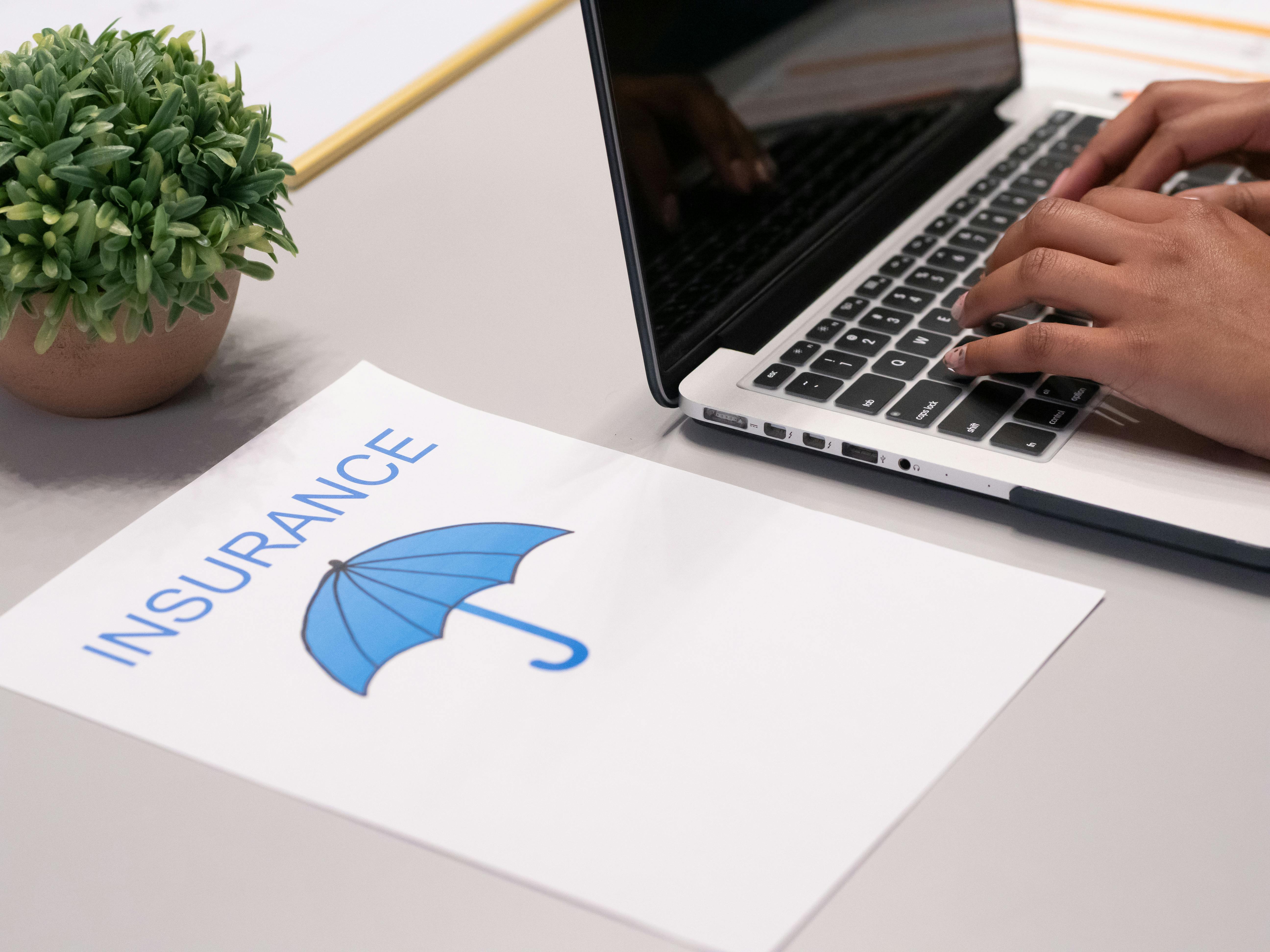
Blockchain in Retail and E-commerce: Transforming Digital Transactions and Supply Chains
Blockchain in Retail and E-commerce: A Comprehensive Technology Overview
Understanding Blockchain's Impact on Modern Retail Ecosystems
Blockchain technology is revolutionizing the retail and e-commerce landscape by introducing unprecedented levels of transparency, security, and efficiency in digital transactions. As global supply chains become increasingly complex, blockchain provides a robust technological framework that addresses critical challenges in inventory management, authentication, and consumer trust.
Key Technological Innovations in Retail Blockchain
The integration of blockchain technology in retail goes far beyond simple transactional processes. Advanced protocols are enabling real-time tracking of product provenance, creating immutable records of goods from manufacturer to consumer. This technological breakthrough allows for enhanced authenticity verification, particularly crucial in luxury goods, pharmaceuticals, and high-value merchandise markets.
Top Blockchain Protocols in Retail
- VeChain (VET): Specializes in supply chain management and product authentication
- Ambrosus (AMB): Focuses on food and pharmaceutical traceability
- WaltonChain: Integrates RFID technology with blockchain for inventory tracking
Market Analysis and Global Adoption Trends
Global Blockchain in Retail Market Statistics
| Year | Market Value (USD) | CAGR | Key Drivers |
|---|---|---|---|
| 2023 | $524.8 Million | 86.2% | Supply Chain Digitization |
| 2024 | $1.2 Billion | 92.5% | Increased Enterprise Adoption |
Legal Frameworks and Regulatory Compliance
Different jurisdictions present unique regulatory landscapes for blockchain implementation. The United States Securities and Exchange Commission (SEC) maintains stringent guidelines for tokenization, while jurisdictions like the British Virgin Islands and Cayman Islands offer more flexible regulatory environments for blockchain-based financial technologies.
International Regulatory Considerations
- United States: Strict SEC oversight
- Switzerland: Progressive blockchain-friendly regulations
- Liechtenstein: Advanced blockchain and crypto legal frameworks
Technical Implementation Challenges
Implementing blockchain in retail requires sophisticated technological infrastructure. Complex smart contract development, secure token standards, and seamless integration with existing enterprise resource planning (ERP) systems represent significant technical challenges that demand expert technological intervention.
Future Implications for Retail Technology
Blockchain is poised to transform retail through decentralized marketplaces, tokenized loyalty programs, and enhanced consumer engagement mechanisms. The convergence of artificial intelligence, Internet of Things (IoT), and blockchain will create unprecedented opportunities for retail innovation.
RWA.codes: Your Blockchain Technology Partner
At RWA.codes, we specialize in developing comprehensive blockchain solutions tailored to retail and e-commerce ecosystems. Our expert team provides end-to-end services including:
- Custom blockchain protocol development
- Smart contract engineering
- Tokenization strategies
- Regulatory compliance consulting
- Technical architecture design
Our multidisciplinary approach ensures that businesses can leverage cutting-edge blockchain technologies while maintaining robust legal and technological standards.
References:
- Gartner Blockchain Technology Reports, 2023
- McKinsey Digital Transformation Insights
- World Economic Forum Blockchain Research
Disclaimer: This article provides informational insights and should not be considered financial or legal advice.